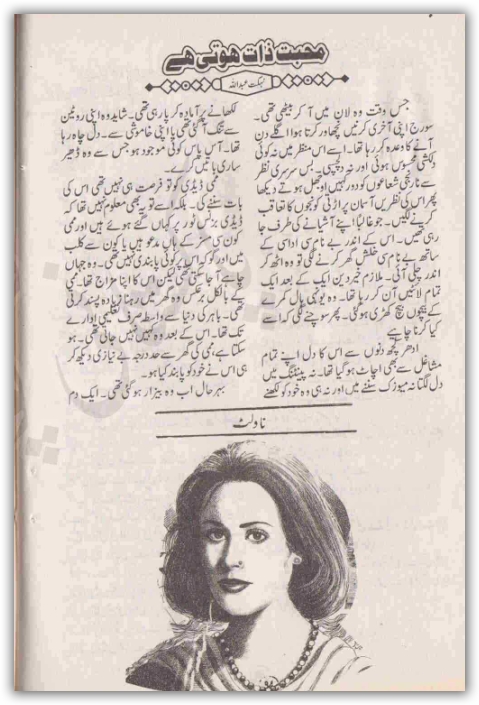


7. A rejection of the distinction between "high" and "low" or popular culture, both in choice 6. a rejection of elaborate formal aesthetics in favor of minimalist designs (as in the poetry of William Carlos Williams) and a rejection, in large part, of formal aesthetic theories, in favor of spontaneity and discovery in creation. 5. a tendency toward reflexivity, or selfconsciousness, about the production of the work of art, so that each piece calls attention to its own status as a production, as something constructed and consumed in particular ways. 4. an emphasis on fragmented forms, discontinuous narratives, and randomseeming collages of different materials. 3. a blurring of distinctions between genres, so that poetry seems more documentary (as in T.S. Eliot or E.E Cummings) and prose seems more poetic (as in Woolf or Joyce). 2. a movement away from the apparent objectivity provided by omniscient thirdperson narrators, fixed narrative points of view, and clearcut moral positions. Faulkner's multiply narrated stories are an example of this aspect of modernism. From a literary perspective, the main characteristics of modernism include: 1. an emphasis on impressionism and subjectivity in writing (and in visual arts as well) an emphasis on HOW seeing (or reading or perception itself) takes place, rather than on WHAT is perceived. An example of this would be streamofconsciousness writing. Modernism is the movement in visual arts, music, literature, and drama which rejected the old Victorian standards of how art should be made, consumed, and what it should mean. In the period of "high modernism," from around 1910 to 1930, the major figures of modernism literature helped radically to redefine what poetry and fiction could be and do: figures like Woolf, Joyce, Eliot, Pound, Stevens, Proust, Mallarme, Kafka, and Rilke are considered the founders of twentiethcentury modernism. The first facet or definition of modernism comes from the aesthetic movement broadly labeled "modernism." This movement is roughly coterminous with twentieth century. Perhaps the easiest way to start thinking about postmodernism is by thinking about modernism, the movement from which postmodernism seems to grow or emerge. Modernism has two facets, or two modes of definition, both of which are relevant to understanding postmodernism. POSTMODERNISM IN ENGLISH LITERATURE Postmodernism is a complicated term, or set of ideas, one that has only emerged as an area of academic study since the mid1980s. Postmodernism is hard to define, because it is a concept that appears in a wide variety of disciplines or areas of study, including art, architecture, music, film, literature, sociology, communications, fashion, and technology. It's hard to locate it temporally or historically, because it's not clear exactly when postmodernism begins.


 0 kommentar(er)
0 kommentar(er)
